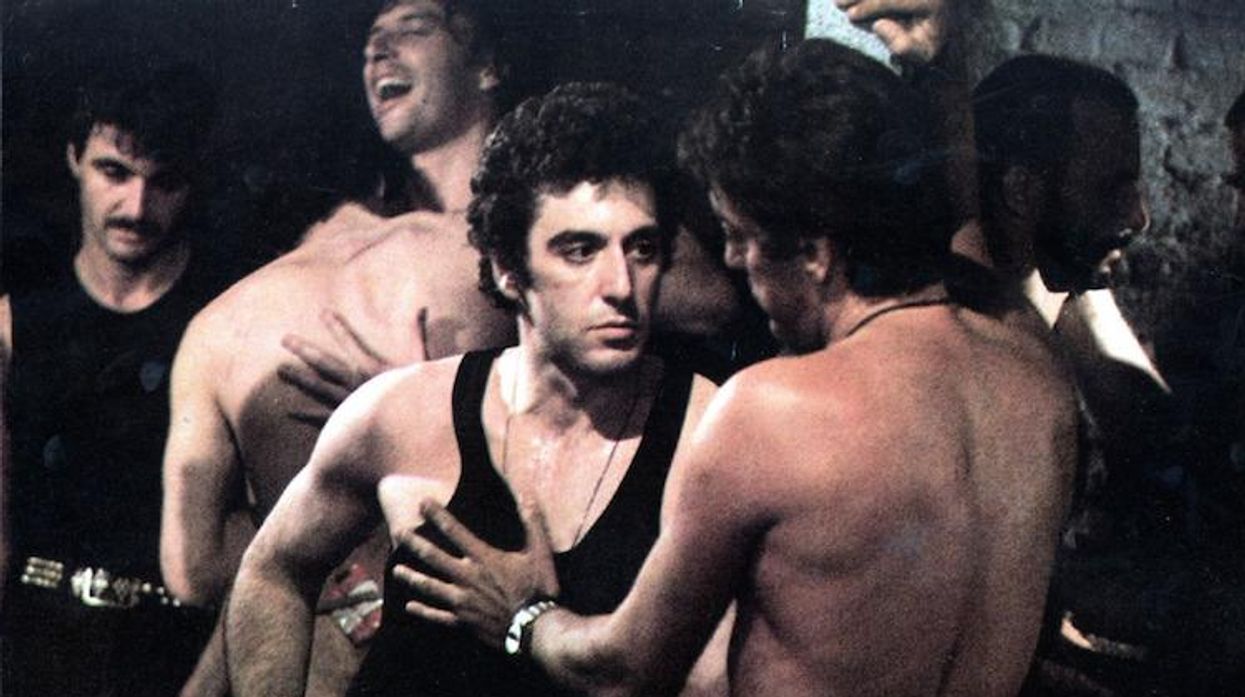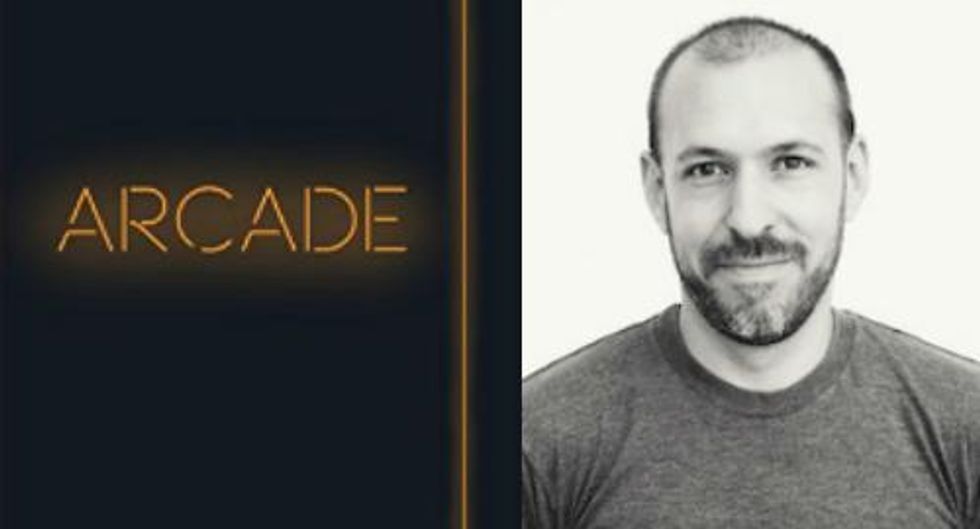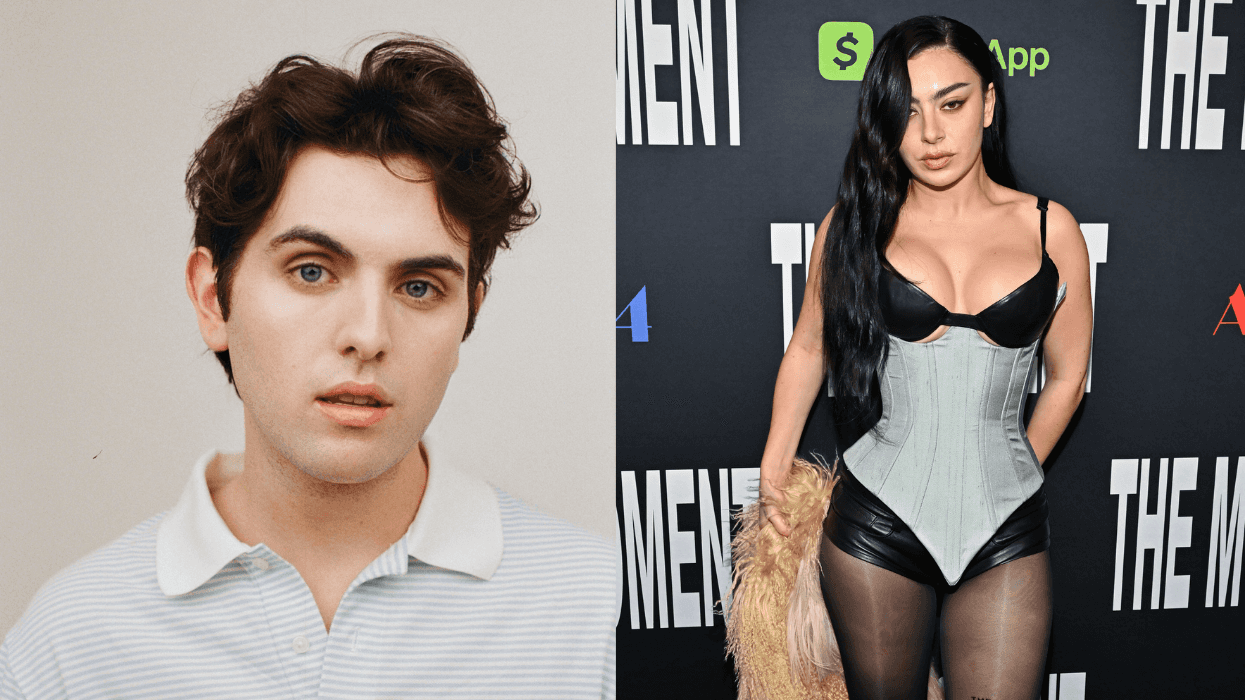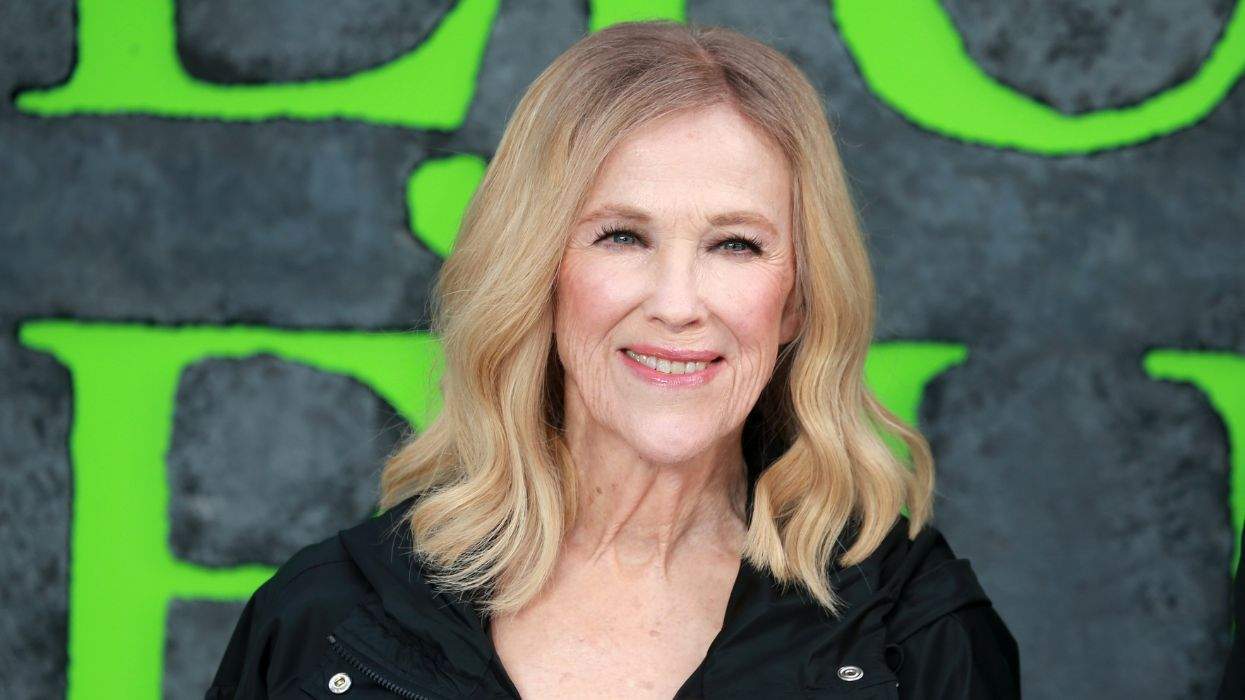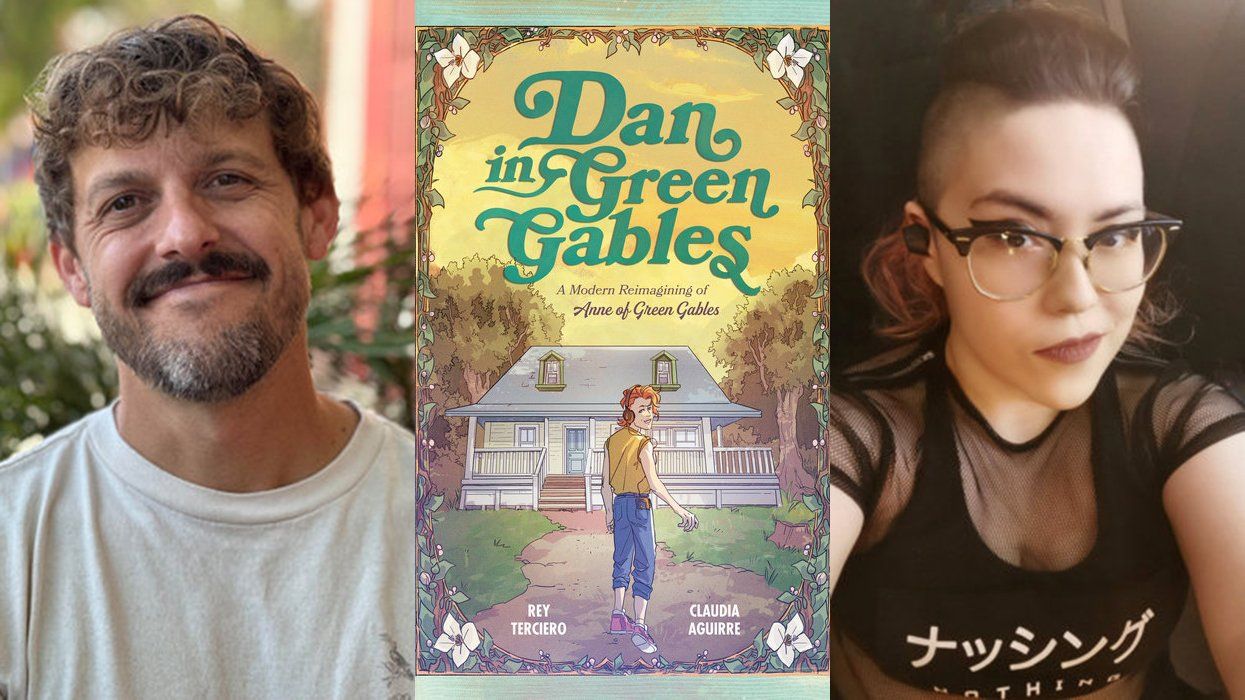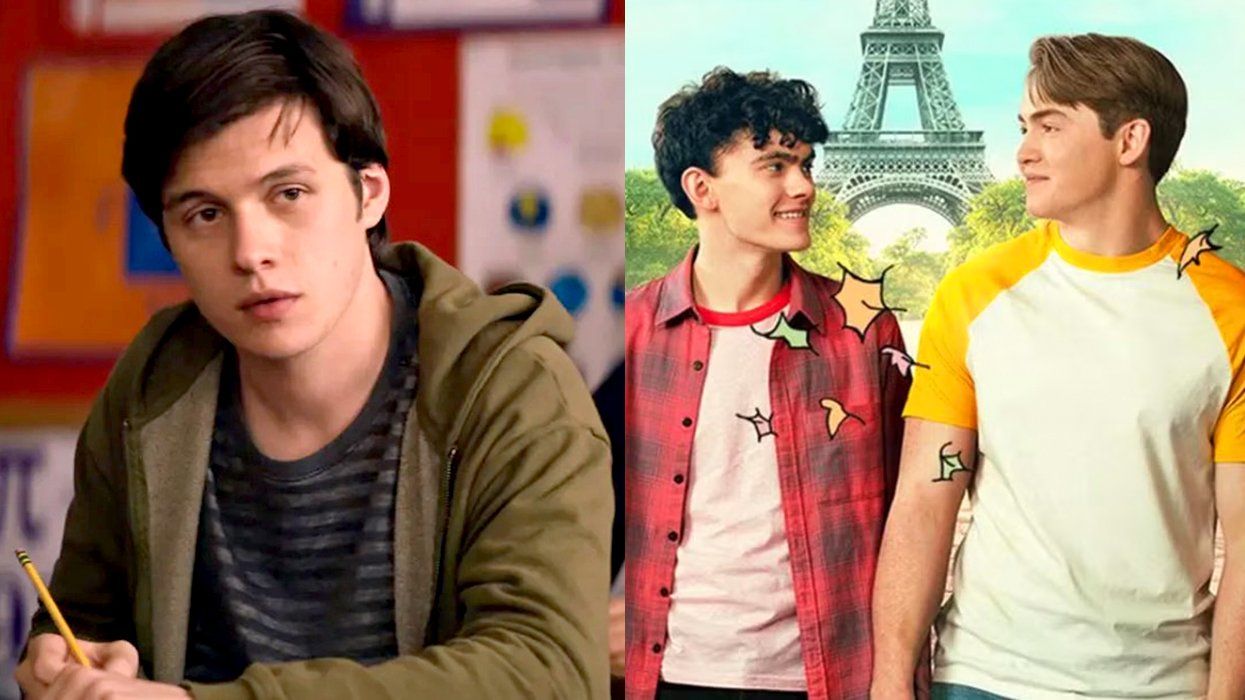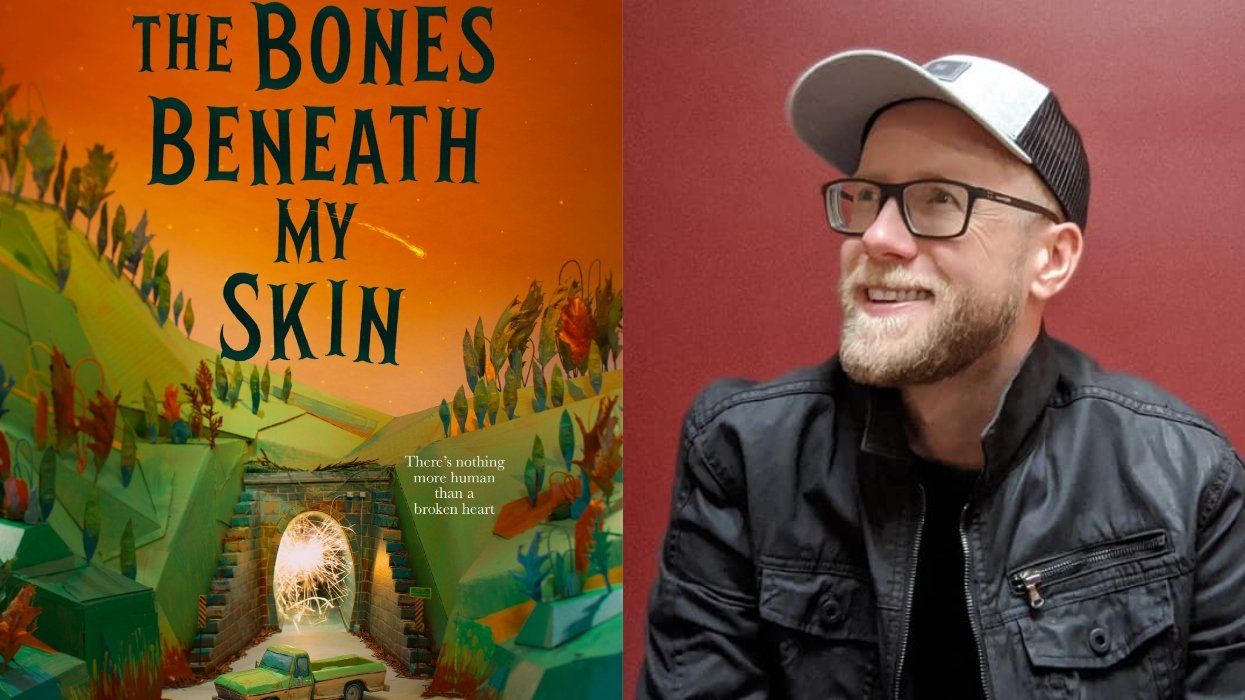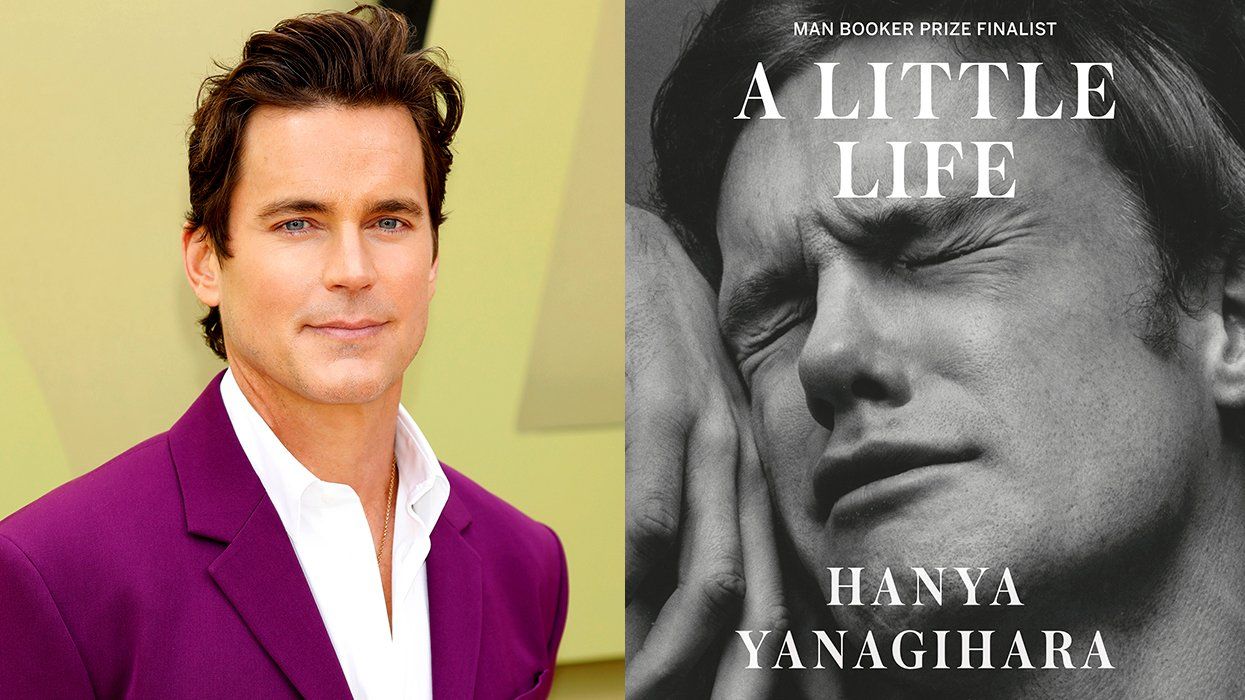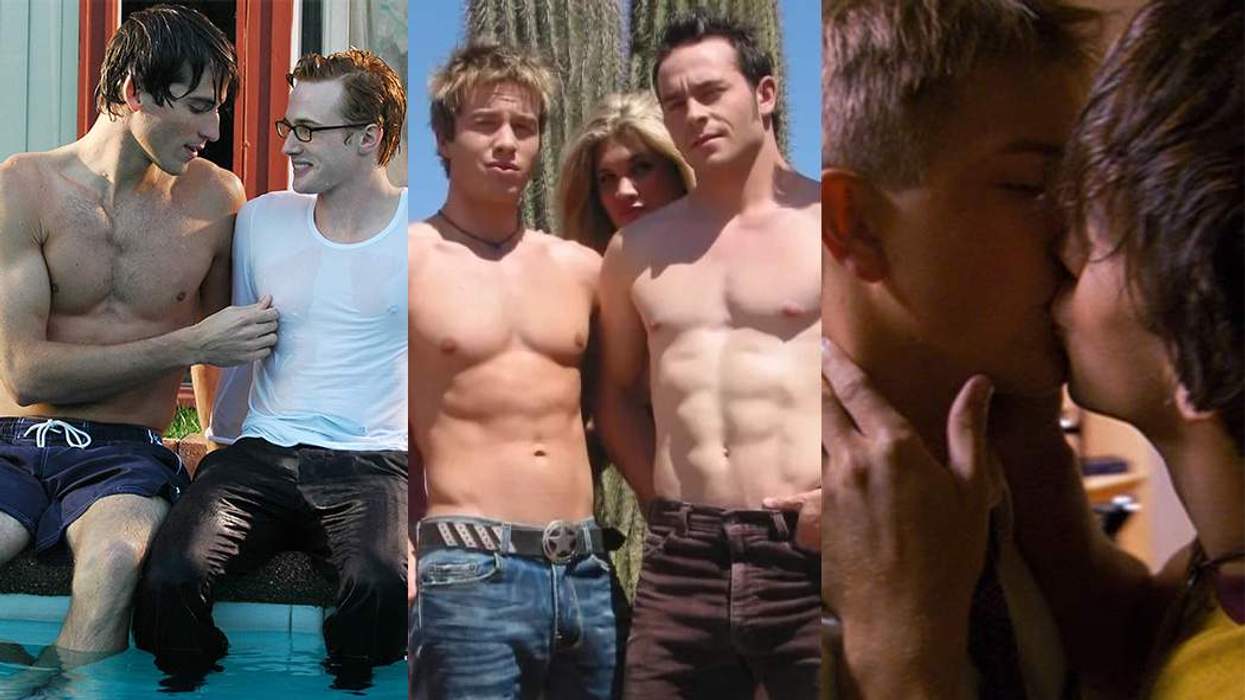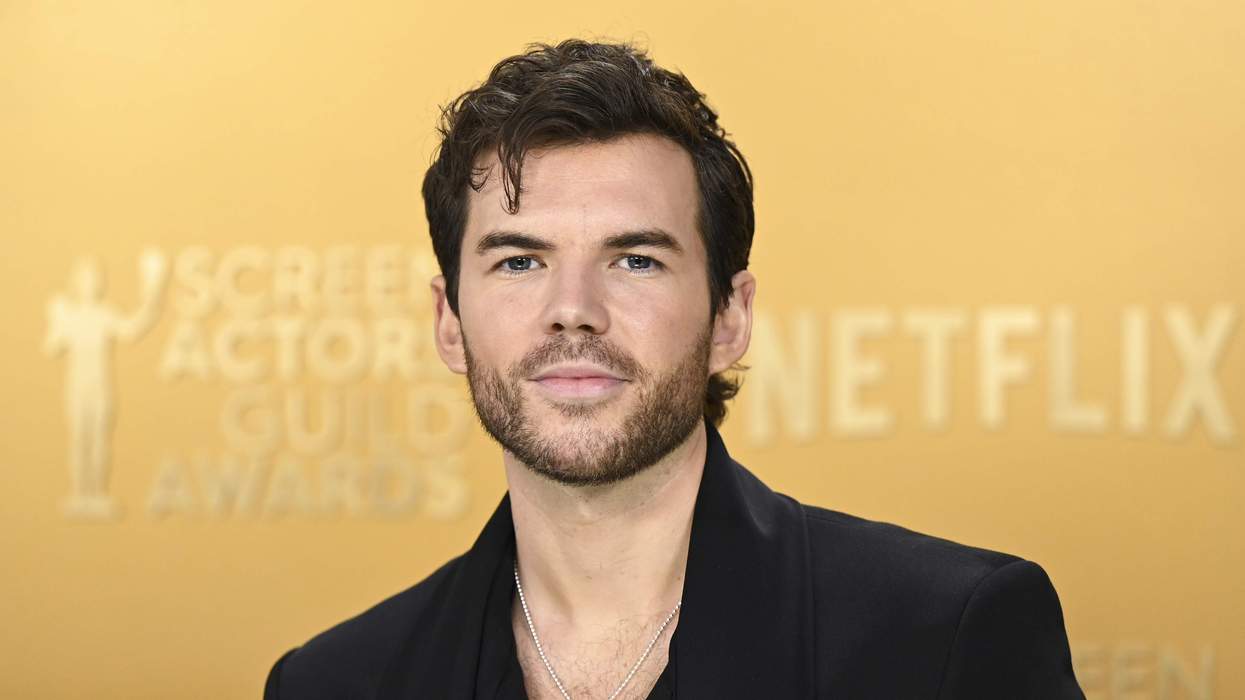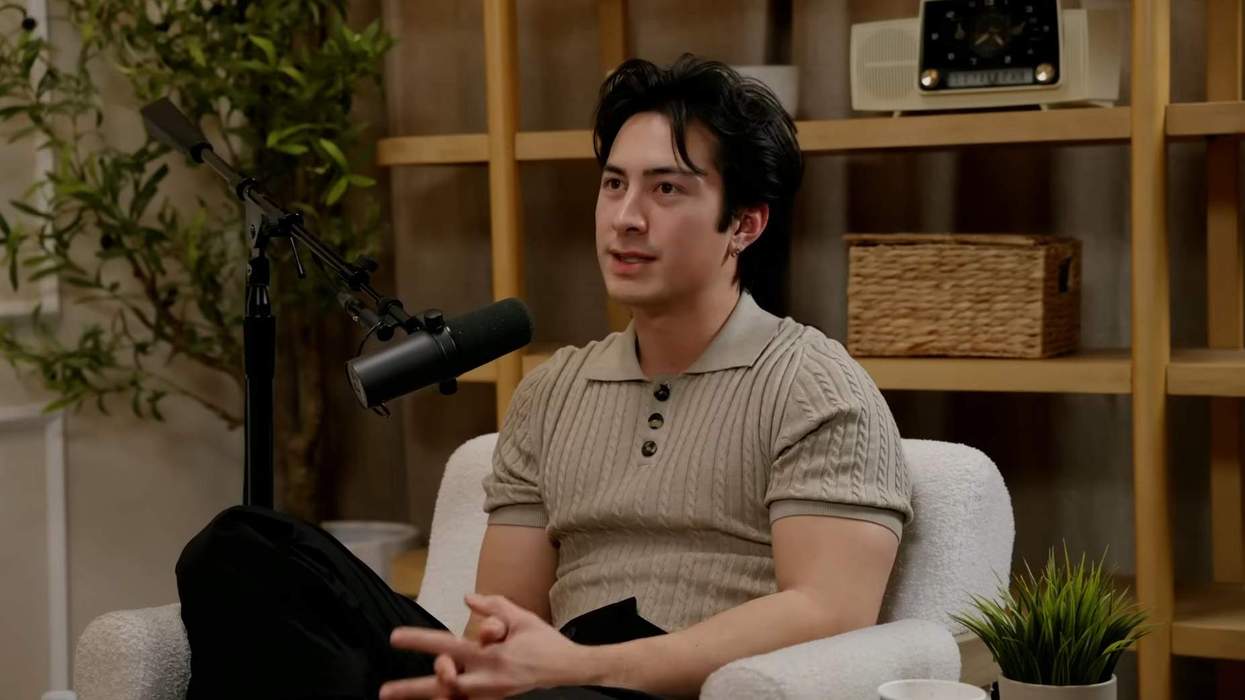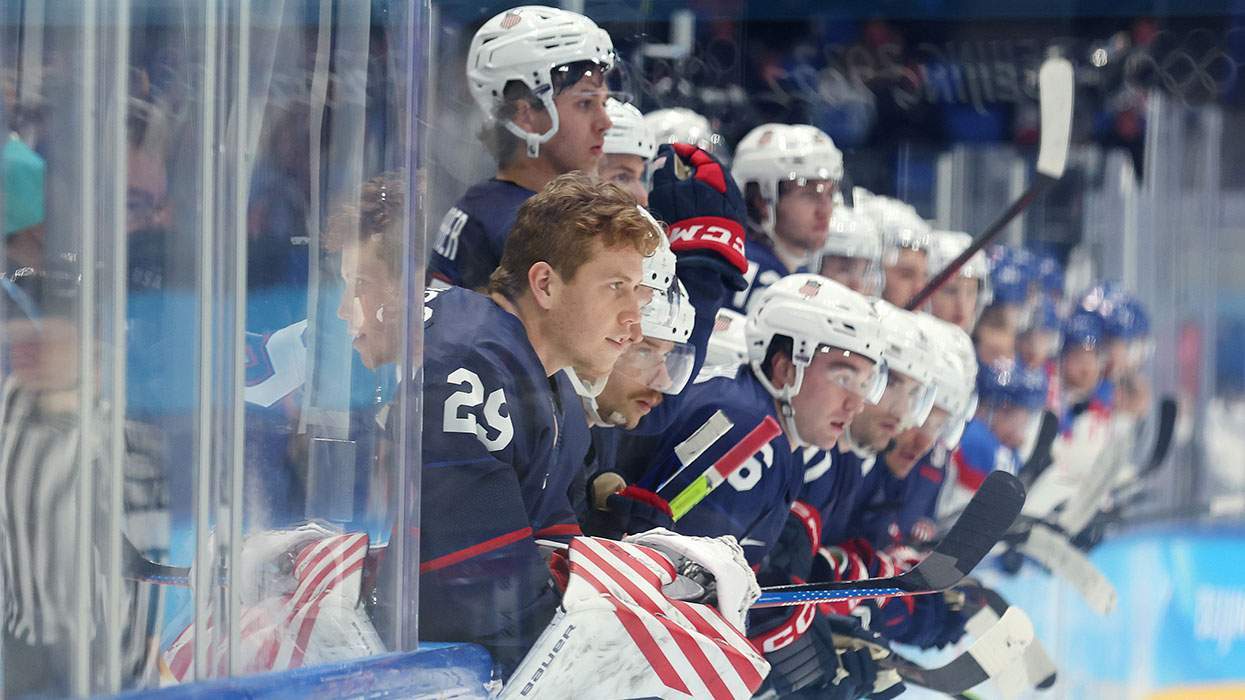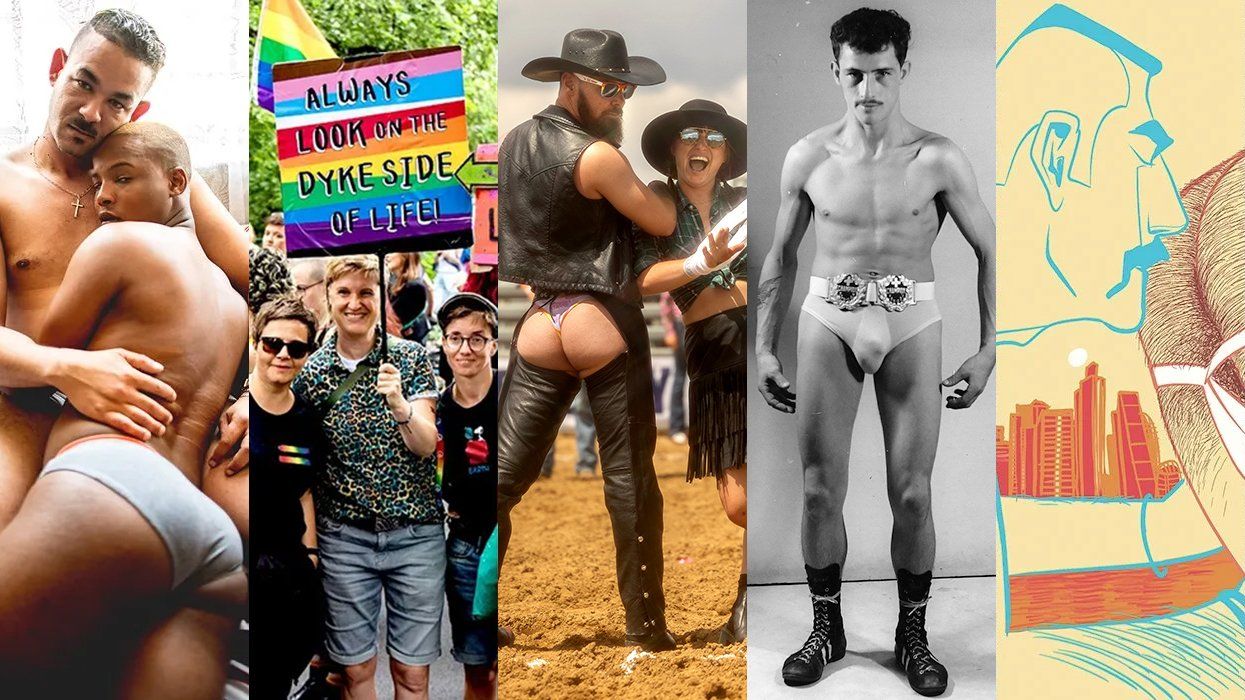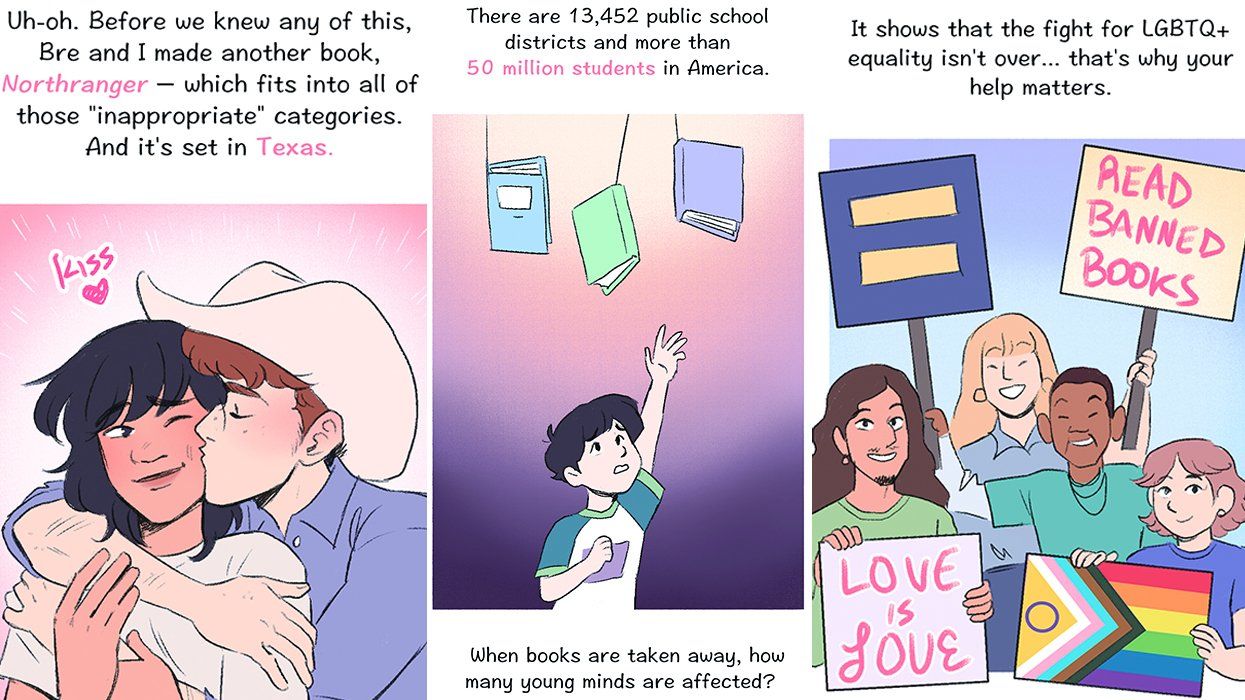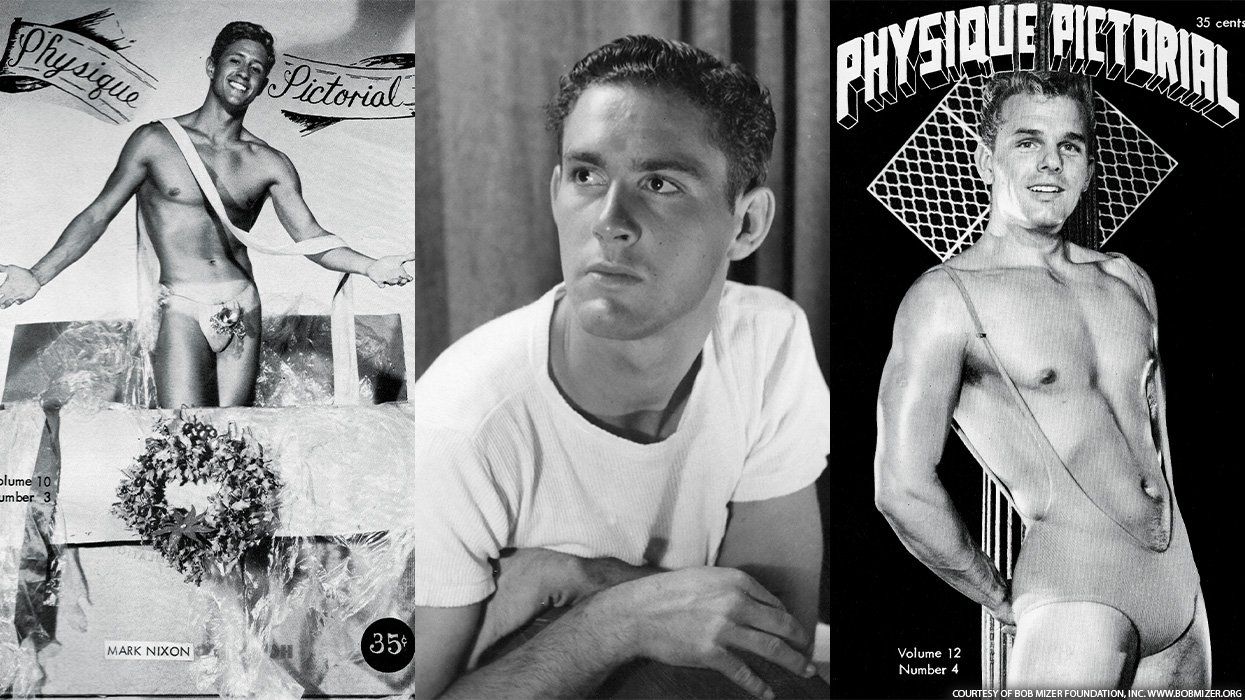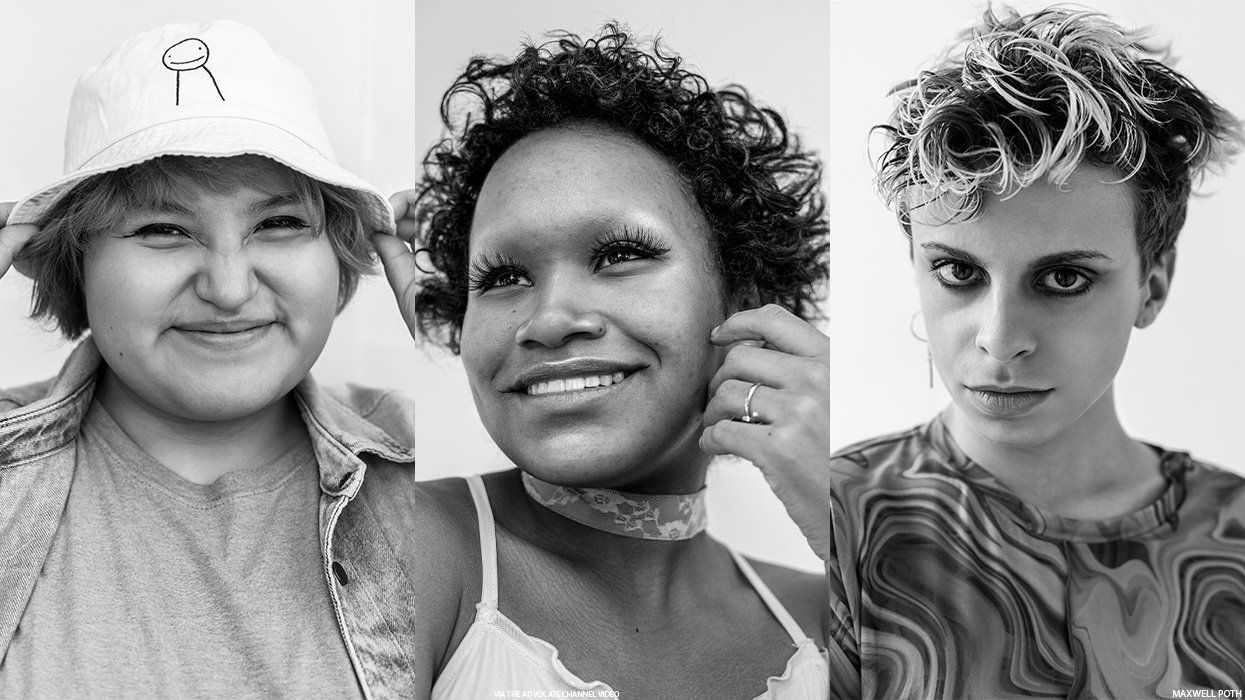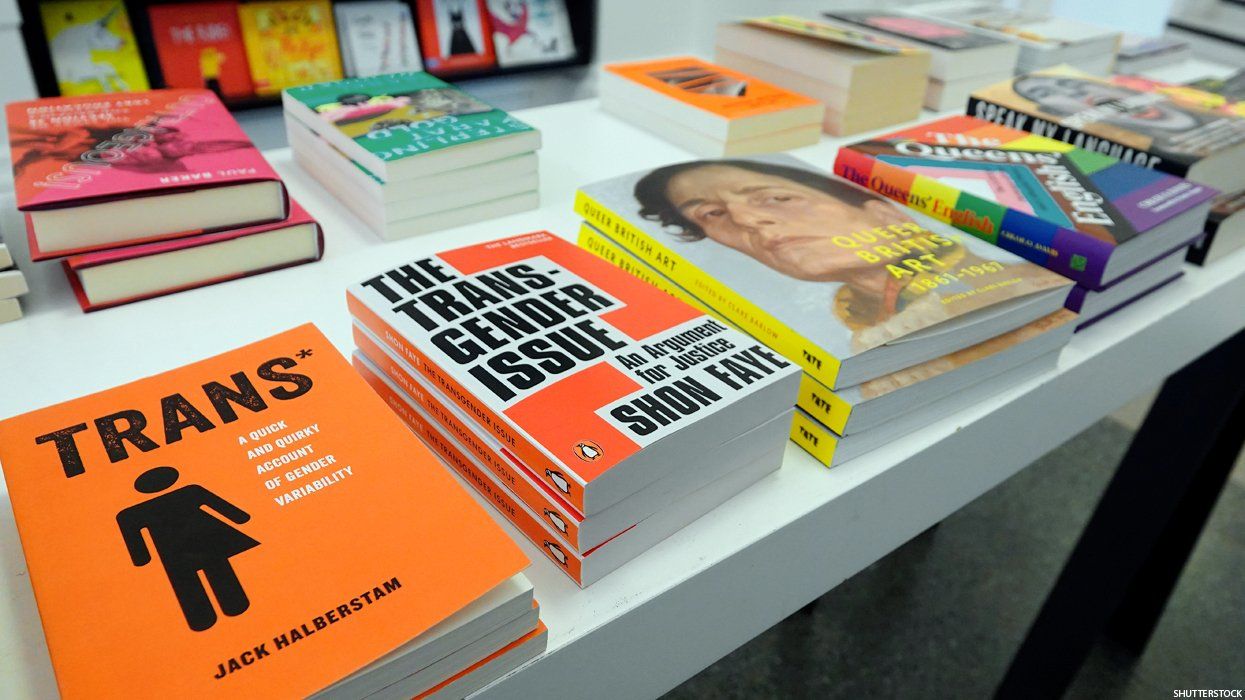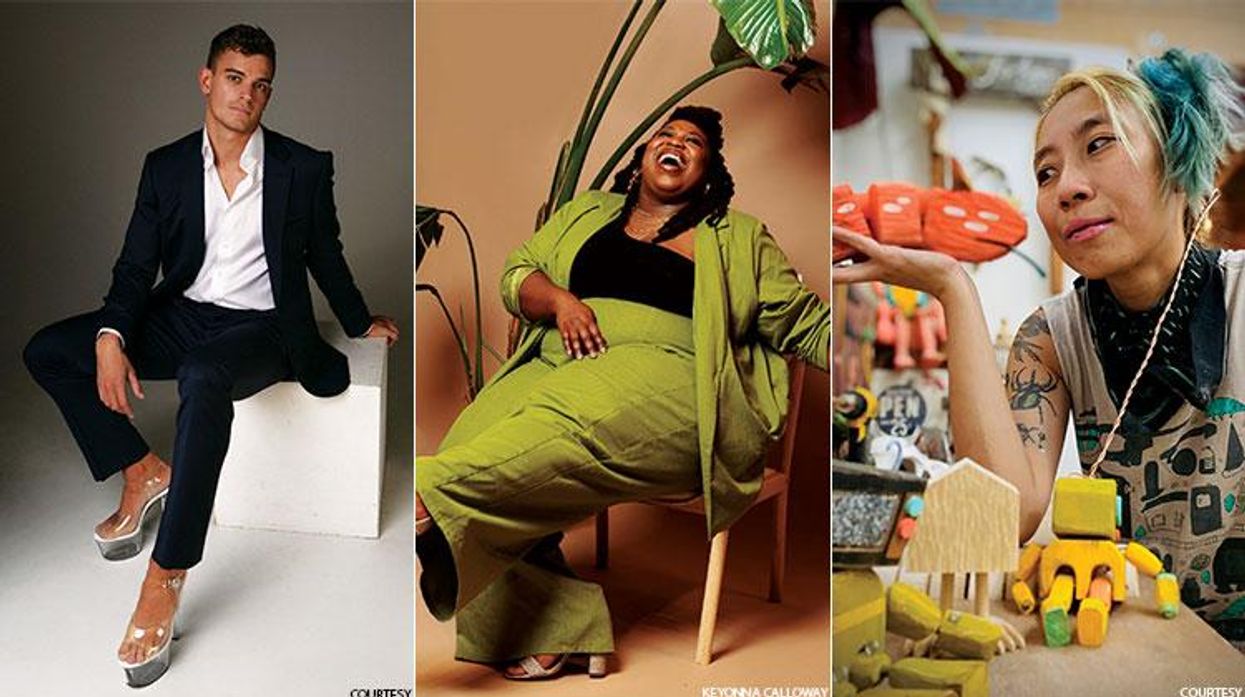Many of us associate gay cruising with the likes of public bathrooms or secluded parks at night. But for writer Drew Nellins Smith, a video arcade became the place where the world of gay cruising opened up for him.
In his debut novel Arcade, Smith explores the underground world of an adult video store where gay men cruise for casual sex and enjoy XXX peepshows. Here Smith examines the power cruising has in making us rethink our identities and to help us reconcile with our sometimes troubled pasts.
Thanks to the widespread acclaim of Garth Greenwell's novel What Belongs To You this year, Smith's Arcade is primed to further map out the terrain of underground cruising in gay American writing. The novel mines gay cruising culture in a video arcade, exploring how this seemingly unseen part of gay culture still plays an important role in gay life today.
Out: What was the attraction to cruising culture and this video arcade that inspired you to write Arcade?
Drew Nellins Smith: The arcade of my novel is inspired by a real arcade I know. I was fascinated by the place from the moment I discovered it. For so long it seemed completely unreal to me. Not just all the sex people were having--and they were definitely having a lot of sex--but all the feelings one could have in a place like that. At the time I was going to the arcade regularly, some of the strongest feelings I had in my life were generated there: excitement, arousal, disappointment, fear, self-hatred, pride, joy. It was like a theme park for sex, but it was also the site of a lot of powerful realizations that were really a part of me coming into my own and accepting that I wasn't isolated and alone.
What were some of the cruising codes you learned at this video arcade?
One unusual one was that guys would "jingle" the tokens in their pockets so you knew they were looking to fool around. Or they'd adjust their crotches. This is something that I just think is so absurd and funny and kind of wildly sexy--the crotch grab. The most obvious code is simple eye contact, of course, which is really the language of gay cruising. It's amazing how eye contact says so much.
Are there elements of autobiography to your novel?
Absolutely. I had a tremendous sense of pre-emptive defensiveness about Arcade being mistaken for memoir. It's certainly true that a lot of details from my life are mixed in: my small town upbringing, my sex life, my work life, and hints of things from relationships past. I borrowed very heavily from my own life but many of the things that happen in Arcade never happened to me.
The main character Sam achieves self-realization through his experiences at the video arcade. Why do you think the arcade helped Sam with his troubled past and to learn more about his own identity?
I think it's because one of the hardest thing about being gay, when you're closeted anyway, is conceiving of yourself as a person who is unlike most other people. Even people who call themselves outsiders often don't really wish to think of themselves that way. A community of outcasts and closet cases is still a community. And that itself can be a rope ladder to salvation and connection.
Cruising has recently entered mainstream literary conversation thanks to Garth Greenwell's novel What Belongs To You. Were there any books that influenced your writing?
I'm a real fan of Garth Greenwell's book. It was a surprise--and a horror--to learn that someone else had written a novel about cruising that was scheduled to come out so soon before mine, but in fact I was quite lucky to have such a terrific book pave the way and open up this conversation.
In terms of inspiration, there was one book that I thought of from time to time, Renaud Camus's Tricks: 25 Encounters, a book from the late 70s in which the author records in very frank, straightforward writing his casual sexual encounters with men. I also drew inspiration from Samuel Delany's Times Square Red, Times Square Blue, about the old Times Square porn theaters, where he too found connection with other men.
What do you think is gained for men through public cruising?
For me, it was a training ground for dealing with a lot of feelings and types of encounters. I think what's really gained by cruising is the same thing that is gained through any healthy sexual encounters; it engenders in both parties feelings of excitement and pleasure and acceptance and expression. It gives men who wouldn't have such a place otherwise a place to be held by other men, to experience things they want, but don't feel ready to claim in their real lives. It's a space for touching and being touched, feeling attractive, feeling wanted, experiencing some of the joy and buzz of sex, which for many of us is a very powerful drive.
Do you think public cruising has been overtaken by our gay online hook-up culture?
Public cruising hasn't gone away at all. I just think the spotlight has been shifted away from it--which will probably be better for its long-term survival, frankly. I think people who have only ever done the online thing will never know what they're missing. They'll never know the thrill of cruising or the unexpected pleasure of it. I'm all in favor of people using websites and apps if that's how they find what they need. But I do think something is lost in a world of swapping "stats" and a dozen photographs and all that. Finding sex partners becomes like applying for a job--and so a certain kind of grittiness is lost.
Nathan Smith is an arts and culture writer. His writing has appeared in The Washington Post, The Atlantic, and Forbes. Nathan tweets at @nathansmithr.


